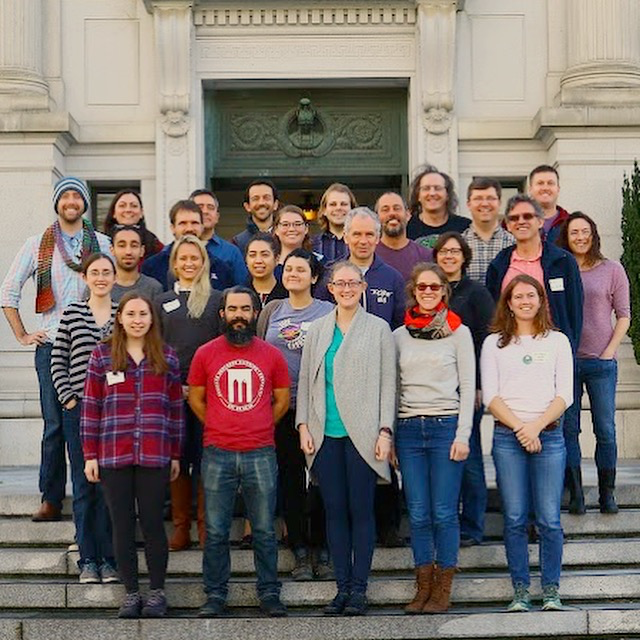The Earth Is Flat (p > 0.05)
Significance thresholds and the crisis of unreplicable research

Send us a link
Significance thresholds and the crisis of unreplicable research

Project probing whether high-impact papers can be replicated releases latest results

PLoS One's reporting guidelines as tools to enhance reproducibility.
Nature will publish more details on experiments described in life-sciences papers.
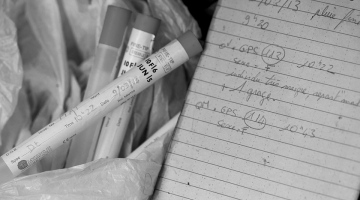
A few years back, scientists at the biotechnology company Amgen set out to replicate 53 landmark studies that argued for new approaches to treat cancers using both existing and new molecules. They were able to replicate the findings of the original research only 11 percent of the time.
Containerization technology takes the hassle out of setting up software and can boost the reproducibility of data-driven research.
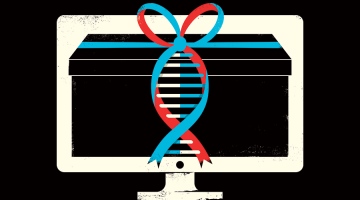
What happens when an experiment is correct, but it's really hard to replicate? Are there research results that are accurate but not reproducible?
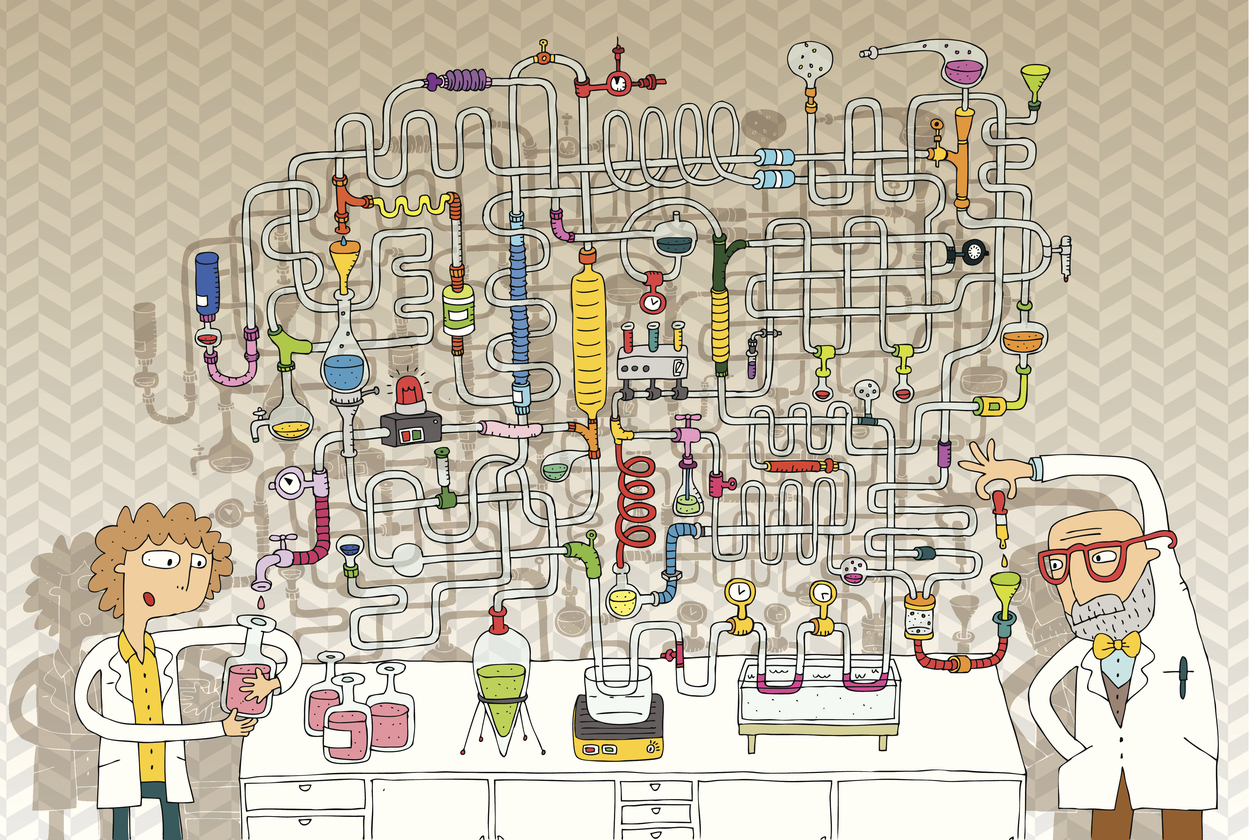
How several free software tools have fundamentally upgraded our approach to collaborative research, making our entire workflow more transparent and streamlined.
A team of researchers suggest that the increasing complexity of managing data may be one reason that reproducibility has fallen off.

Contribution to the public debate on the “replication crisis” / “Replicability essentially touches on the quality of research and concerns all of science”.
Researchers should spend more trying to reproduce other scientists' results.
Significance thresholds and the crisis of unreplicable research
The impact of crisis of reproducibility on the patent system.
Contaminated samples, faulty studies and inadequate training have created a crisis in laboratories and industry, slowing the quest for new treatments and cures.
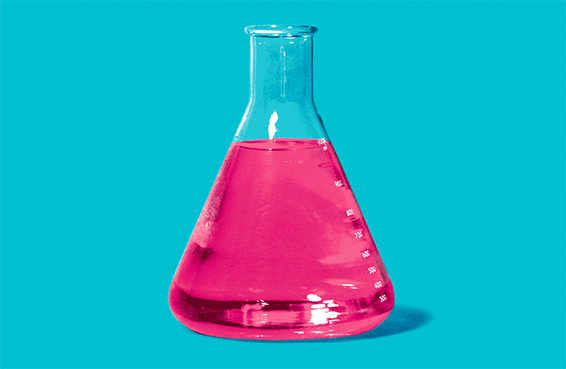
U.S. taxpayers pay $30 billion a year to fund biomedical research aimed at finding better treatments. But competition for scarce funding and tenure may be prompting some scientists to cut corners.
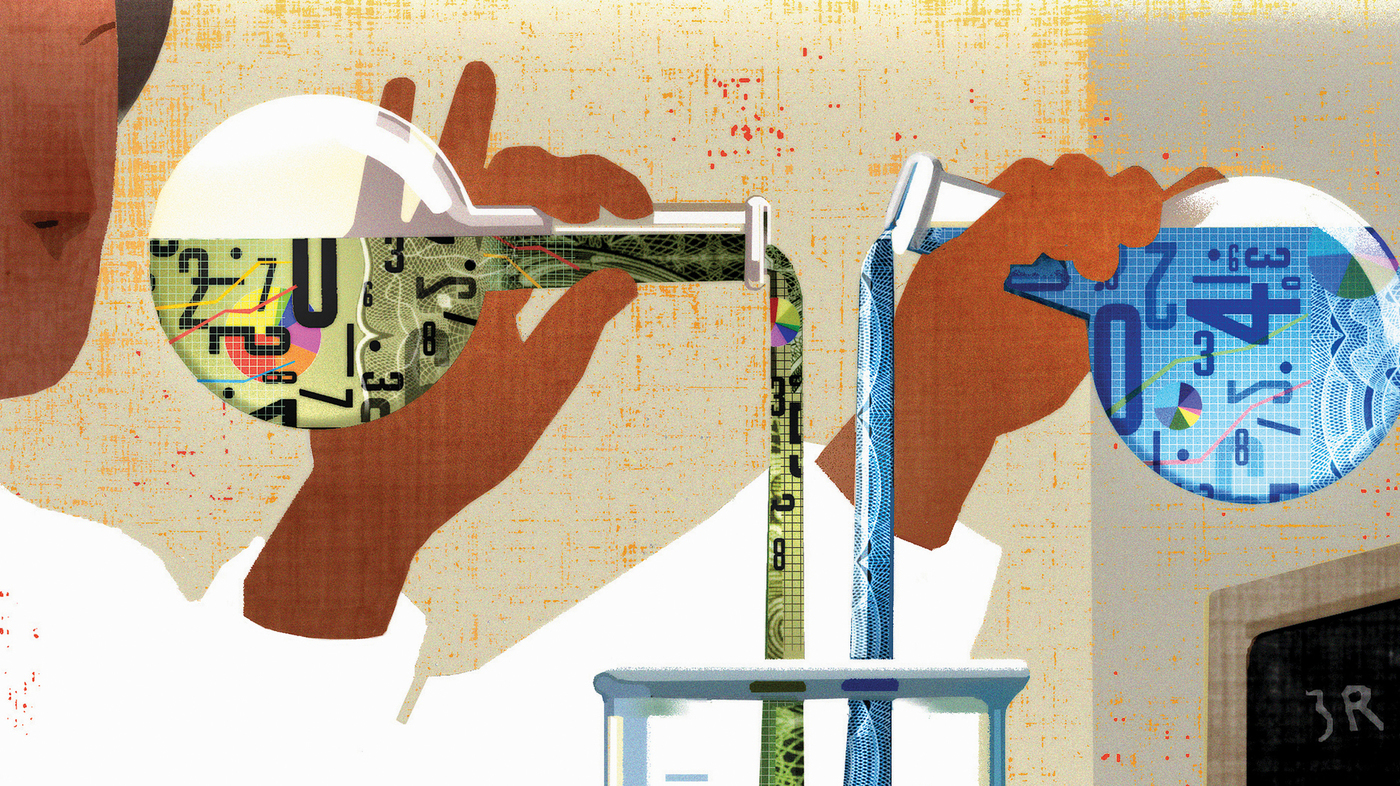
PLOS now partners directly with protocols.io to provide authors better ways to share methodological details about their work, practical tools to reduce wasted research efforts and persistent, citable identifiers for laboratory methods.

eLife now accepting manuscripts in R Markdow at innovation@elifesciences.org.

Q&A with the author of a new book on reproducibility.

Funnel plots are a popular tool in spotting when scientists in a field leave out negative study results, but one researcher says the method is flawed.
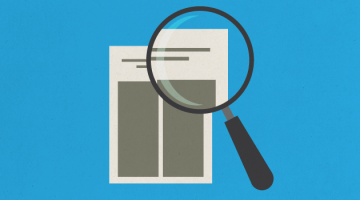
And more than a little quixotic.

Efforts to get to grips with the problem have meant new ideas and technologies are now being brought to bear

Common underpinning problems with the scientific and data analytic practices and point to tools and behaviors that can be implemented to reduce the problems with published scientific results.
How a seemingly innocent blog post led to serious doubts about Cornell’s famous food laboratory.
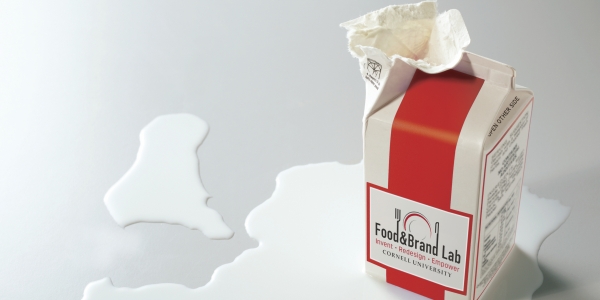
We asked three experts for their takes.
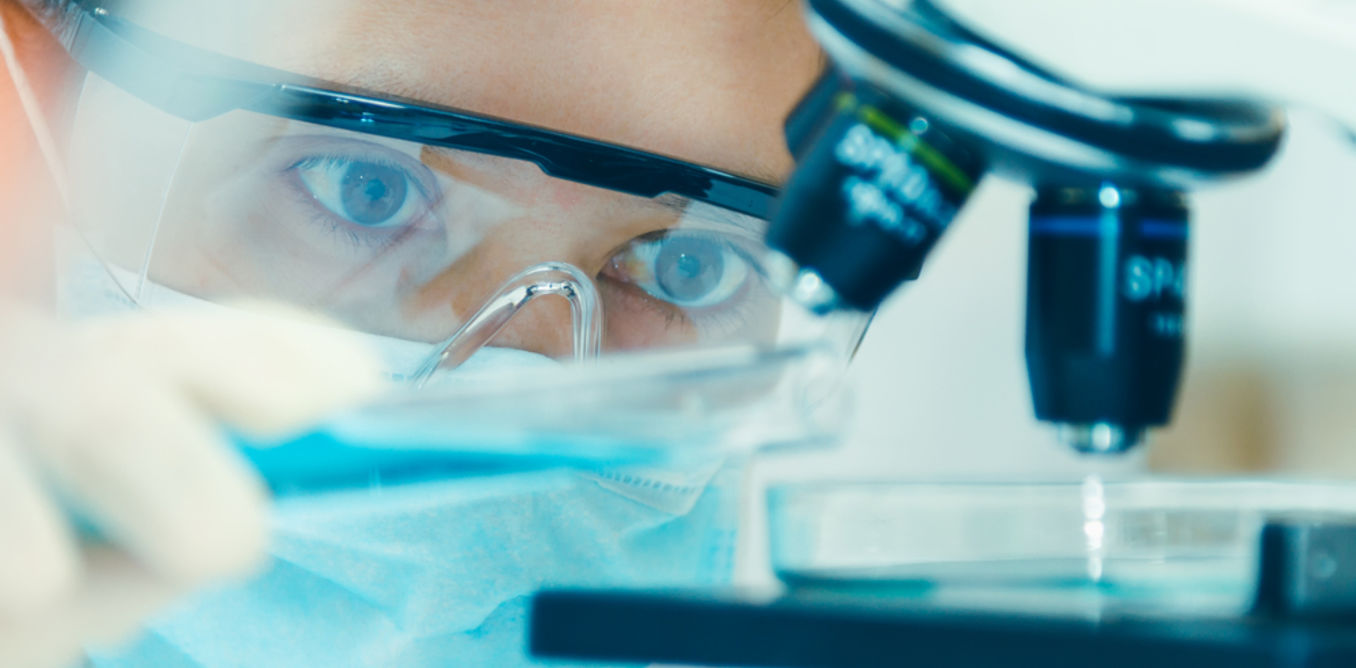
Dr. Carlo Croce was repeatedly cleared by OhioState University, which reaped millions from hisgrants. Now, he faces new whistle-blower accusations.
Stencila, an app for creating and viewing data-driven reproducible publications.
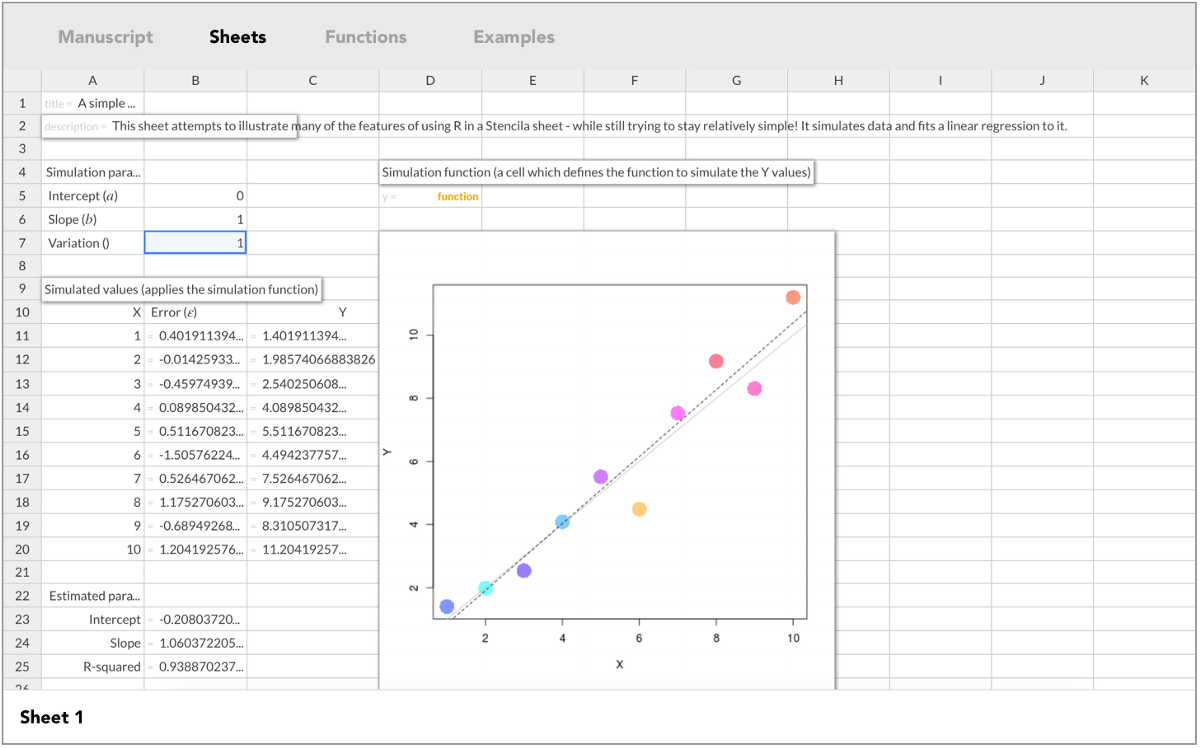
The problem of fake data may go far deeper than scientists admit. Now a team of researchers has a controversial plan to root out the perpetrators

For a career-minded scientist, to fail to replicate your own work is worse than never doing the replication at all.
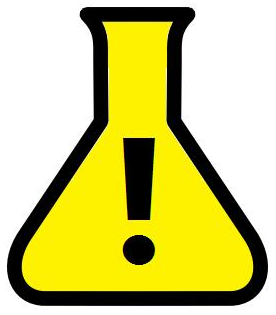
Proposing a new kind of paper that combines the flexibility of basic research with the rigour of clinical trials.

Chronicle of a two-day workshop curriculum to teach reproducible research using an interactive computational environment.
